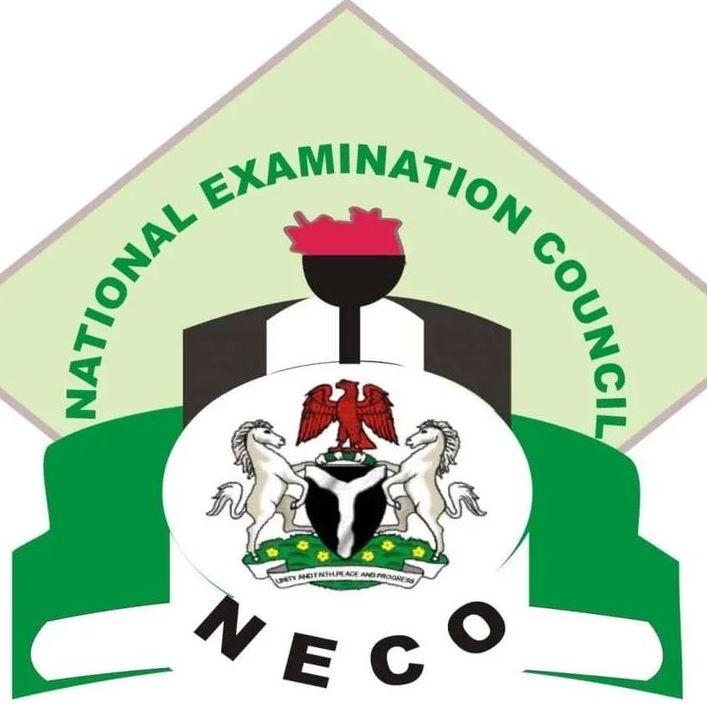
Is NECO also GCSE?
Table of Contents
ToggleIs NECO also GCSE?
In the intricate tapestry of global education systems, acronyms like NECO and GCSE often perplex students and educators alike. This article aims to shed light on the common confusion surrounding NECO and GCSE, unraveling the intricacies of these two distinct education systems.
Understanding NECO
NECO, or the National Examinations Council, stands as a prominent examination body in Nigeria. Designed to assess students’ knowledge and understanding at the secondary education level, NECO plays a crucial role in the Nigerian education landscape. The examinations cover a range of subjects, evaluating students’ academic prowess.
Exploring GCSE
On the other side of the globe, in the United Kingdom, GCSE, or the General Certificate of Secondary Education, holds sway. GCSE is a comprehensive examination system that students in the UK undergo, marking the culmination of their secondary education. It serves as a vital milestone in the British education journey.
VIEW ALSO :
Key Differences Between NECO and GCSE
While both NECO and GCSE are integral to their respective education systems, they differ significantly. The geographical regions of implementation, curriculum specifics, and examination formats showcase the uniqueness of each system. Understanding these differences is paramount for accurate recognition.
Is NECO Also GCSE?
Contrary to a common misconception, NECO is not synonymous with GCSE. These two education systems cater to distinct regions and have unique structures. It’s crucial to recognize the differences to avoid misunderstandings that may have far-reaching consequences, especially in academic and professional contexts.
Conclusion
In conclusion, understanding the distinctions between NECO and GCSE is pivotal for a well-informed education community. This article has unraveled the conundrum, emphasizing the need for clarity in recognizing and appreciating the uniqueness of these two educational systems.
FAQs
- Is NECO the same as GCSE?
- No, NECO and GCSE are distinct examination systems catering to different regions and educational contexts.
- Can NECO qualifications be equated with GCSE qualifications?
- No, the qualifications from NECO and GCSE are not equivalent due to differences in curriculum and grading systems.
- What challenges may arise from confusing NECO with GCSE?
- Challenges include academic misalignments, potential setbacks in professional pursuits, and misunderstandings in educational evaluations.
- How can individuals differentiate between NECO and GCSE?
- Look at the geographical region, curriculum specifics, and examination formats to distinguish between NECO and GCSE.
- Are there resources available for understanding NECO and GCSE better?
- Yes, educational institutions, online platforms, and official websites provide resources to enhance understanding.
- Why is it crucial to recognize the differences between NECO and GCSE?
- Accurate recognition ensures proper evaluation, acknowledgment of qualifications, and avoids complications in academic and professional contexts.
- Do other countries have similar examination systems to NECO and GCSE?
- Yes, many countries have their own examination systems, each with its unique characteristics.
- Can confusion between NECO and GCSE affect international students?
- Yes, international students may face challenges in having their qualifications accurately evaluated if there is confusion between NECO and GCSE.
- What role do educational counselors play in preventing NECO-GCSE confusion?
- Educational counselors can provide guidance, resources, and information to students, helping them make informed decisions and avoid confusion.
- Are there any standardized tests that encompass elements of both NECO and GCSE?
- No, NECO and GCSE are independent examination systems with their own standardized tests.
- How can institutions address the NECO-GCSE confusion at the administrative level?
- Institutions can implement clear communication strategies, provide training for staff, and disseminate accurate information to avoid confusion.
- Can individuals appeal if their qualifications are misunderstood due to NECO-GCSE confusion?
- Individuals may explore avenues for appeal, such as providing additional documentation or seeking clarification from relevant authorities.
- How frequently does the confusion between NECO and GCSE occur in academic settings?
- The frequency of confusion may vary, but raising awareness and promoting accurate information can contribute to reducing instances of confusion.
- What are the potential consequences of using NECO qualifications in a region that recognizes GCSE?
- Consequences may include misunderstandings, misalignments with academic requirements, and potential challenges in professional pursuits.
- Are there any collaborative efforts between countries to standardize education systems?
- While some collaborative efforts exist, standardizing education systems globally remains a complex challenge.